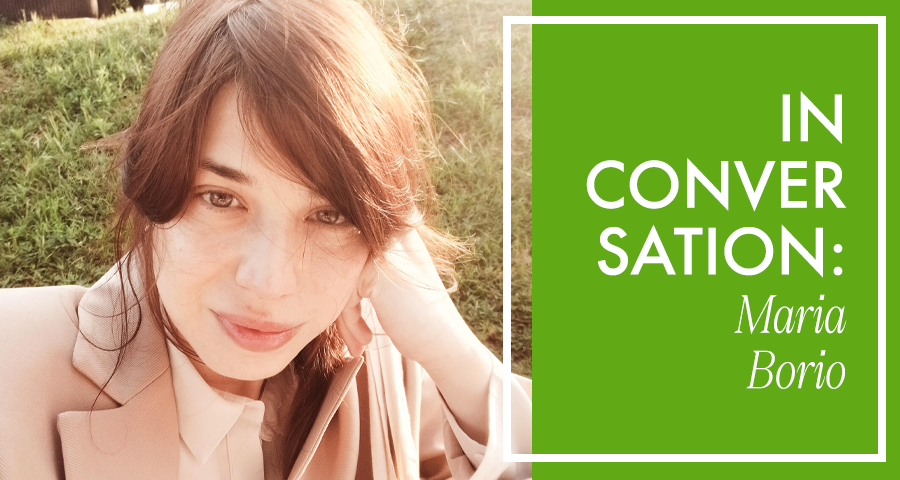I found that Nay Thit’s “The Language I Don’t Speak,” translated from the Burmese by Thiri Zune, was the perfect way to begin exploring the new edition. Like it, the rest of the poetry section is provocative and urgently alive—especially Olivia Elias’s verse about Gaza in Jérémy Victor Robert’s translation from the French. Moving from her work to that of Faruk Šehić, translated from the Bosnian by Ena Selimović, in “Who Came Back,” takes us from the action of war to the scars of postwar life. Then on to prison, with Başak Çandar and David Gramling’s translation from the Turkish of Kemal Varol’s “Dark Mist.” I found this piece unexpectedly amusing. Jen Calleja’s interview (conducted by Sarah Gear), is a delight, full of thought-provoking reflections on what we do as translators. There are so many other translations shining in this issue—I wish I could list them all.
—Ellen Elias-Bursac, Contributing Editor
Pablo Palacio’s “The Cannibal” (tr. José Darío Martínez from the Spanish) is my favorite piece from the new issue—fast-paced, vividly written, and replete with gruesome physical detail and haunting character psychology. As someone who likes to write about cannibalism, I found it both a wonderful point of reference and an object lesson in how obscene desire can be rendered in literature.
In “Vassal of the Sun” (tr. Tobias Ryan from the French), I was overjoyed by Patrick Autréaux’s descriptions of the natural world and his evident love for Melville.
Faruk Šehić’s “Who Came Back” (tr. Ena Selimović from the Bosnian) demonstrates how repetition, properly employed, can become a devastating poetic device. The scarcely varied refrain of “came back” hammers the losses of the Yugoslav Wars into the reader’s mind, while the sparse yet vivid language—“dandelions-cum-parachutes,” “white bark of birch saplings in living rooms”—emphasizes what war takes away, even from those who escape its bullets. It is essential reading for a world drunk on fantasies of righteous violence.
Palacio returns in “The Double and the Singular Woman” (tr. Thomas Taylor from the Spanish), a story that most cheap “twin horror” tales wish they were—though it’s not a horror story at all. Instead, it’s a superbly eerie study of difference and intimacy: how intricately a writer can render lives utterly unlike their own, and how such acts of imagination approach the question of what it means to write across unbridgeable experience. Using the extreme example of twins conjoined for their entire lives, Palacio transforms “monstrosity” into empathy. What a relief, in a world that so often wields that word against the oppressed, to encounter a story that refuses to dehumanize.
Finally, Johanna Drucker’s “Attention as Predation” remains, to my mind, the best framework for thinking about the phenomenon of Trump and other authoritarian figures turned cult icons. It is supremely bleak, but in an era when the democratic counteroffensive has so spectacularly failed, we need such correctives to naïve optimism. Reading Drucker’s essay, I felt a kind of cruel joy—the shock of recognition that comes when one is reminded of the essential brokenness of human beings, their eagerness to become both recipients and agents of predatory attention.
—Julia Maria, Digital Editor




